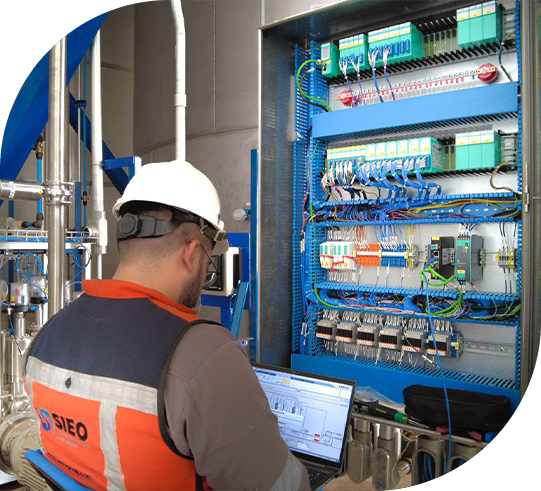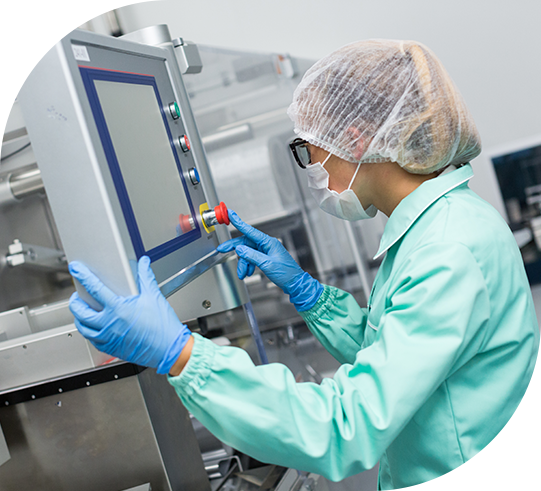
Within the scope of pharmaceutical process engineering, commissioning and validation are critical procedures that maintain the integrity of pharmaceutical manufacturing facilities, equipment and processes to meet strict quality and regulatory standards. These two processes together play a vital role in ensuring the safety, efficacy and quality of pharmaceutical products.

This phase revolves around validating whether the design of the facility or equipment meets the designated requirements, regulations and quality standards.
The OQ stage is primarily concerned with subjecting equipment and systems to rigorous testing to ensure that they perform as intended under real operating conditions. This involves examining a variety of operating parameters and their respective limits.
During IQ, the installation of equipment and systems is closely examined to ensure that they have been accurately installed and integrated according to design specifications.
PQ marks the final phase of the commissioning process. Here, the equipment or system is tested under real or simulated production circumstances to demonstrate its consistent ability to produce the desired quality. This step provides maximum assurance of system performance and reliability.
Validation is the systematic procedure of creating documented evidence that a pharmaceutical manufacturing process consistently produces products that meet predetermined quality standards. The validation process is of utmost importance to ensure the safety, efficacy and compliance with regulatory requirements of pharmaceutical products. Unlike commissioning, validation covers a broader spectrum and extends to the validation of all critical processes, not just limited to equipment. The main types of validation within pharmaceutical process engineering are the following:
Process validation focuses on validating the manufacturing processes used for the production of pharmaceutical products. This involves three distinct stages: prospective validation (before routine production), concurrent validation (during the initial phases of production), and retrospective validation (after the start of routine production).
Cleanliness validation ensures that the equipment used in cross-manufacturing ensures that the cleanliness of the equipment used in manufacturing ensures product purity.
Analytical method validation is a critical aspect of pharmaceutical validation that ensures the accuracy, reliability, and appropriateness of analytical methods used to test and analyze pharmaceutical products. This ensures that the methods provide accurate results and are suitable for their intended purposes.
In the contemporary pharmaceutical landscape, computerized systems used for various functions such as manufacturing, data management, and quality control undergo computer system validation (CSV) to ensure their accuracy, reliability, and security. This validation process ensures that these systems function as intended and meet regulatory standards, promoting data and process integrity in the pharmaceutical industry.